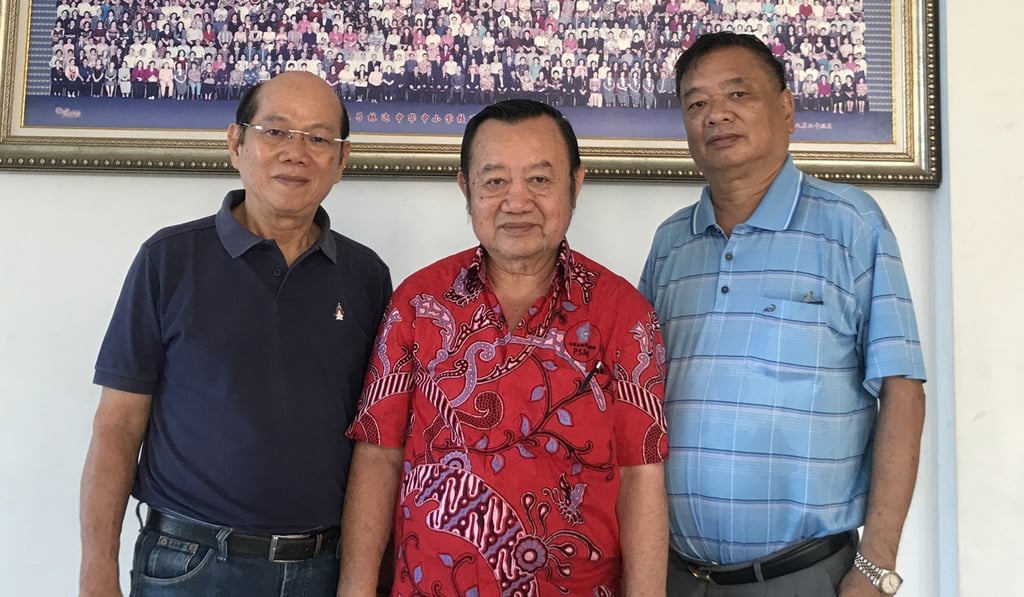How ethnic Chinese shaped the home of Indonesia’s new capital on Borneo
- The decision to relocate Indonesia’s seat of government from Jakarta to East Kalimantan has sparked concern about cultural friction between local residents and new settlers
- But the area’s ethnic Chinese, pointing to their history of integration with the native Bornean tribes, say they are confident social unity will prevail

Robin, now 70, recalled the tragic events as his family’s most notable contribution to the fight to defend the “homeland” during the tumultuous years under Japanese rule.
Japan occupied Indonesia from 1942 to 1945 before it was defeated by Allied troops in World War II.
“Tionghoa had a role in the fight to gain and uphold Indonesia’s independence, be it directly or indirectly, such as by distributing food supplies,” Robin said, using the colloquial name given to Indonesians of Chinese descent.
“My grandfather was seen as a fighter by the Japanese soldiers because he belonged to a Tionghoa organisation that supplied food to guerilla fighters in East Kalimantan.
“After he was caught in 1945, [he was] sent to Banjarmasin [the capital of South Kalimantan province] where he was beheaded. My uncle was sent to Sanga-Sanga village in Kutai Kartanegara. He was killed there.”
